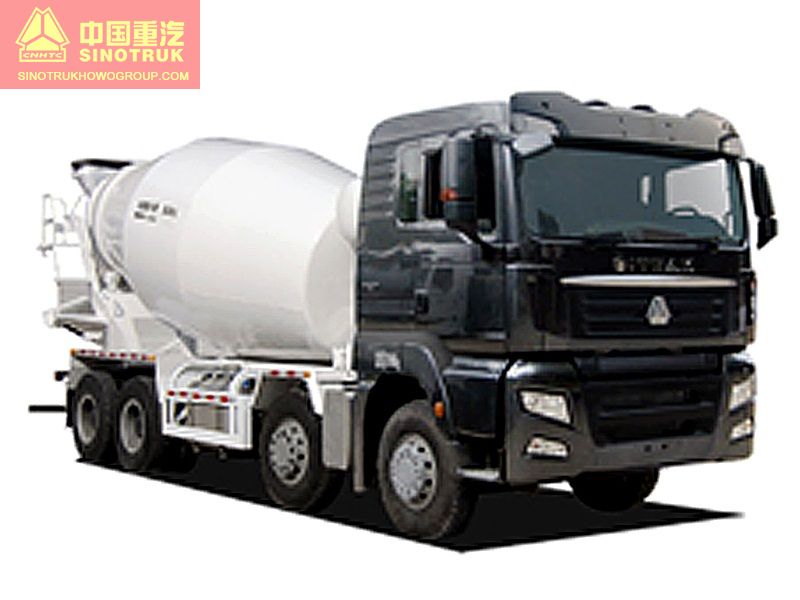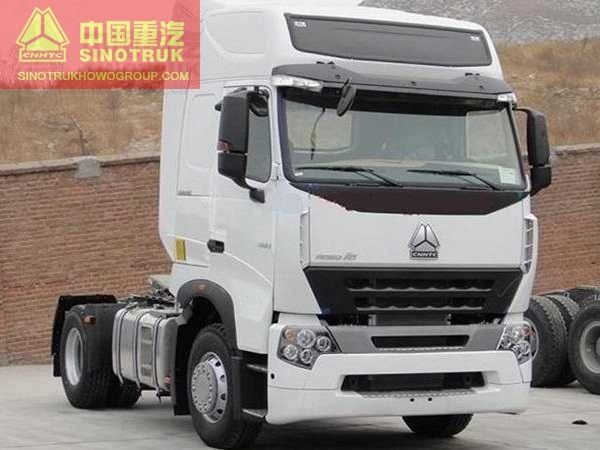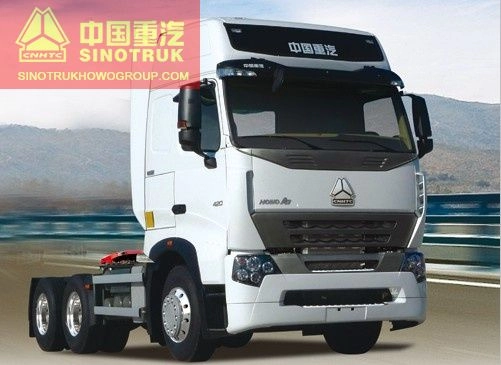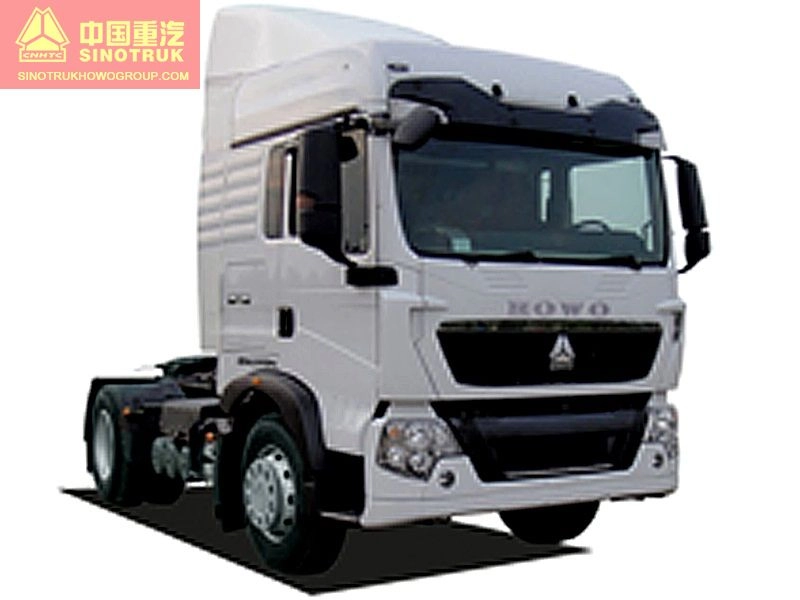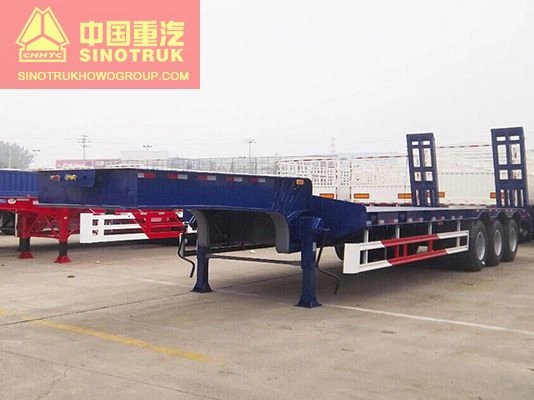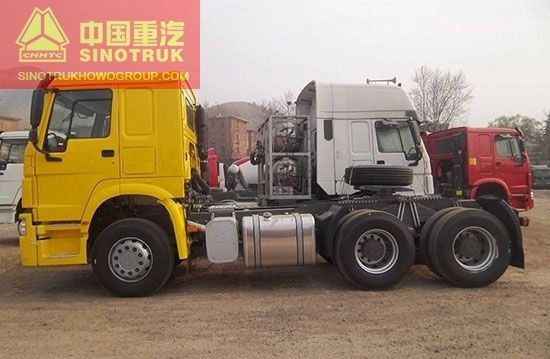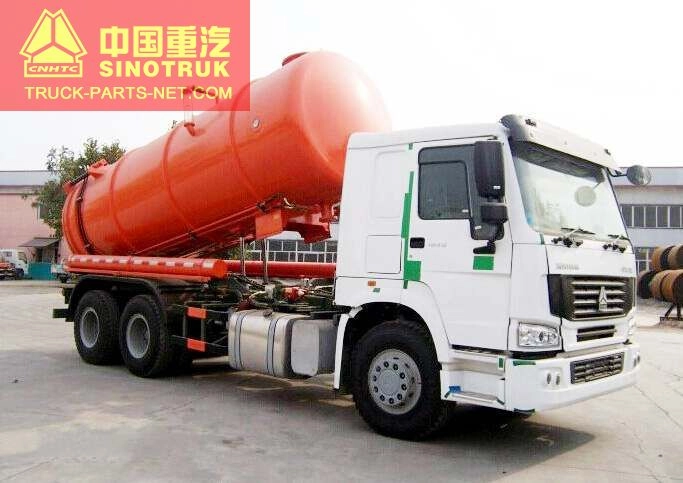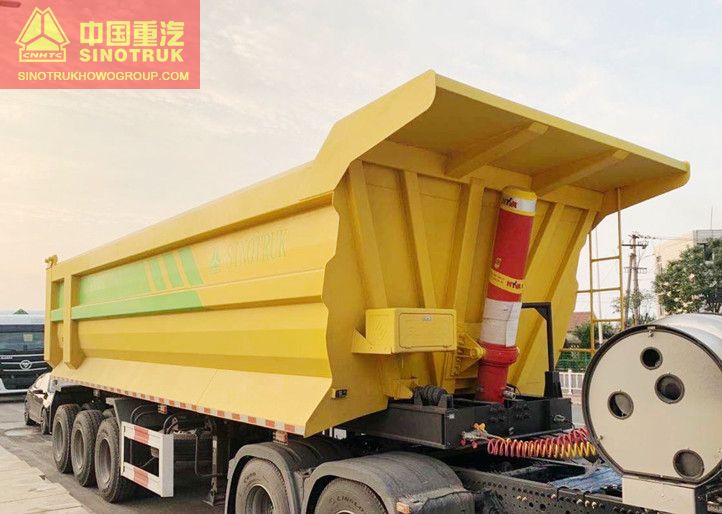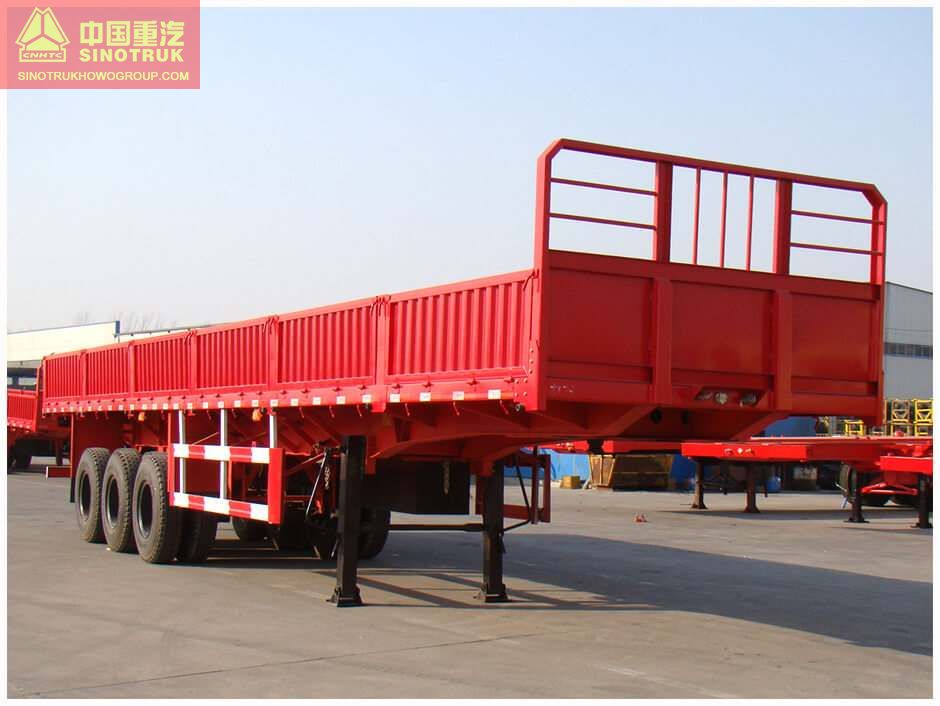semi trailer tank,semi trailer tank capacity
- Release time:
- Source:Sinotruk HOWO
Catalog overview:
What is a Semi-Trailer Tank?
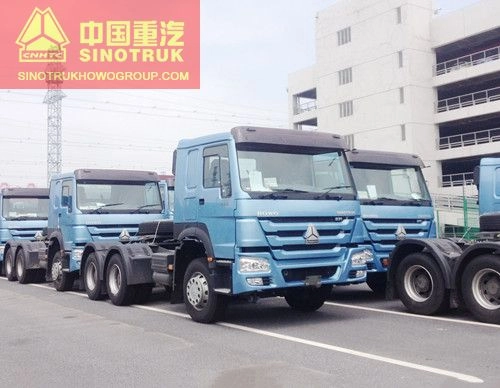
A semi-trailer tank, often referred to as a tanker truck, is a specialized vehicle designed for the transportation of liquids, gases, or bulk commodities. It consists of a tanker body mounted on a trailer, which can be detached from the tractor for loading and unloading purposes. This unique configuration allows for efficient and flexible transport across various industries, from oil and gas to food and beverage.
The Structure and Components
The heart of a semi-trailer tank is its tank, typically made from high-grade steel or aluminum for durability and corrosion resistance. The tank's shape, either cylindrical or elliptical, is optimized for the specific cargo it carries, ensuring minimal product loss during transit. The tanker is equipped with safety features like pressure relief valves, emergency vents, and secure closures to prevent spills or leaks.
Functionality and Applications
Semi-trailer tanks are versatile workhorses, serving a multitude of functions. In the oil industry, they are commonly used to transport crude oil or refined products, while in the food sector, they shuttle milk, juice, or even wine. Gas tankers transport compressed gases like liquefied petroleum gas (LPG) or ammonia. These trucks are also crucial in waste management, handling hazardous waste and sewage.
For instance, in the 2020 COVID-19 pandemic, tanker trucks played a vital role in distributing oxygen to hospitals globally, demonstrating their critical role in emergency response.
Regulations and Safety Measures
Operating a semi-trailer tank requires adherence to strict regulations, such as the Department of Transportation (DOT) guidelines in the United States. Drivers must be certified and trained in handling hazardous materials, and the vehicles must undergo regular inspections to ensure compliance. The tank's design, construction, and maintenance must meet safety standards set by organizations like the American Society of Mechanical Engineers (ASME).
Future Innovations and Sustainability
With a growing emphasis on sustainability, semi-trailer tanks are evolving. Electric and hybrid powertrains are being explored to reduce emissions. Tank designs are being optimized for better fuel efficiency, and materials like lightweight composites are being considered for weight reduction. Additionally, advanced monitoring systems are being integrated to enhance safety and prevent leaks.
The Indispensable Role of Semi-Trailer Tanks
the semi-trailer tank is a vital component of global supply chains, facilitating the safe and efficient movement of liquids and gases. As technology advances and sustainability becomes a priority, these workhorses of the road continue to adapt, ensuring their continued importance in our modern world. From daily deliveries to crisis response, their impact is undeniable, underscoring their integral role in our economy and society.
tractor trailer tank
What is a Tractor Trailer Tank?
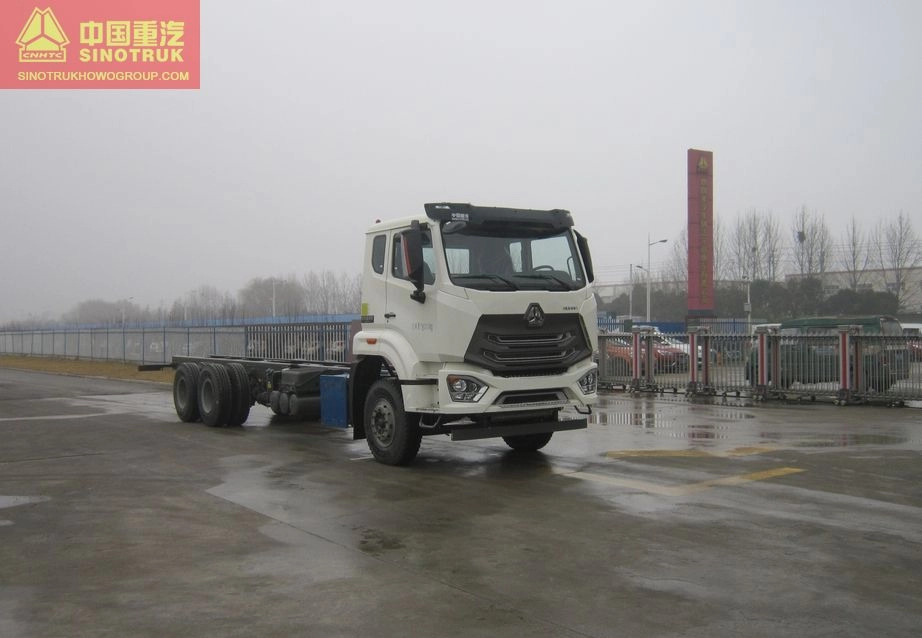
A tractor trailer tank, also known as a tanker truck, is a specialized vehicle designed to transport liquids, gases, or bulk materials in its large, tank-shaped container. These vehicles play a crucial role in the logistics and transportation industry, carrying everything from gasoline and milk to chemicals and water. With their massive capacity and versatile design, tractor trailer tanks are indispensable for long-distance, bulk deliveries.
Design and Components
The design of a tractor trailer tank typically consists of three main parts: the tractor, the trailer, and the tank itself. The tractor, a powerful truck, is responsible for pulling the trailer. The trailer, which houses the tank, is detachable, allowing for flexibility in different transportation scenarios. The tank, made of materials like steel, aluminum, or fiber-reinforced plastic, is designed to withstand the pressures and potential hazards of its cargo.
Types of Tanker Trucks
There are various types of tanker trucks, each tailored to specific cargo. Fuel tankers transport gasoline, diesel, or other flammable liquids, while food-grade tankers haul edible liquids like milk or juice. Chemical tankers are equipped to carry hazardous materials, and dry bulk tankers are designed for transporting powders and granular substances.
Regulations and Safety Measures
Given the potential risks associated with transporting hazardous materials, strict regulations govern the operation and maintenance of tractor trailer tanks. Drivers must be certified and trained in handling hazardous materials, and the trucks must undergo regular inspections to ensure compliance with safety standards. Special features like pressure relief valves, emergency shutdown systems, and spill containment equipment are standard on most tanker trucks.
Challenges and Solutions
One of the main challenges in operating tractor trailer tanks is the potential for spills or accidents. To mitigate this, advanced technologies like GPS tracking, anti-skid systems, and rollover stability control are employed. Additionally, careful planning and route optimization can help prevent accidents and ensure timely deliveries.
The Indispensable Role of Tractor Trailer Tanks
tractor trailer tanks are a vital component of the global supply chain. Their ability to transport large volumes of liquids and bulk materials over long distances is crucial for industries ranging from energy to food processing. Despite the challenges, ongoing advancements in technology and safety measures ensure that these vehicles continue to serve their purpose efficiently and safely. Whether carrying essential fuels or perishable goods, tractor trailer tanks remain an integral part of our daily lives, connecting producers and consumers across vast distances.
semi trailer tank capacity
Understanding Semi-Trailer Tank Capacity: The Heart of Bulk Transport
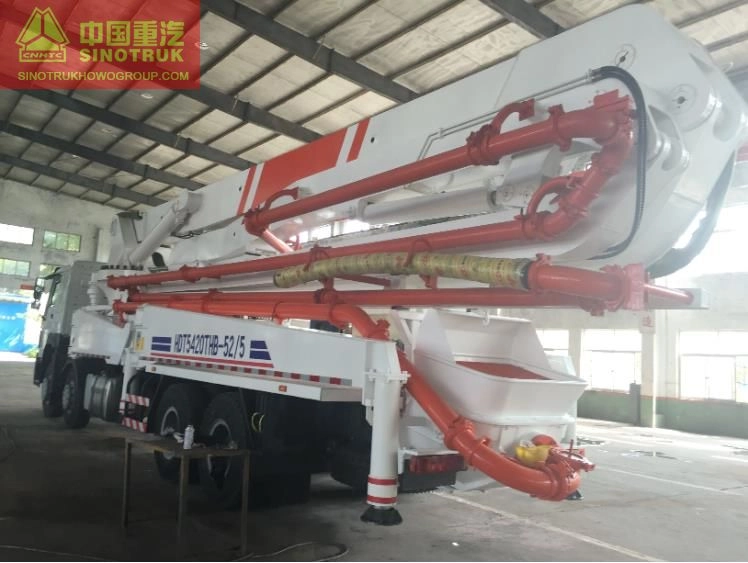
In the world of freight transportation, the semi-trailer tank plays a crucial role, especially when it comes to carrying liquids or bulk materials. This type of vehicle is designed to haul large volumes of substances like fuel, chemicals, milk, or water, making it an indispensable tool for industries that rely on bulk transport. The semi-trailer tank's capacity is a key factor determining its efficiency and versatility in various operations.
The Science Behind Tank Capacity
The capacity of a semi-trailer tank is measured in gallons or cubic meters, depending on the region and industry standards. It is determined by the tank's dimensions, shape, and construction material. A larger capacity allows for more cargo per trip, reducing the number of refills and ultimately, transportation costs. For instance, a standard tanker for fuel transportation in the US may have a capacity of around 9,000 gallons, while a smaller tank designed for milk transport might hold 1,500-2,000 gallons.
Factors Influencing Tank Capacity
Several factors can impact a tank's capacity, including its design, such as its length, width, and height. The shape, whether it's a rounded or rectangular design, also affects the volume it can hold. safety regulations and industry-specific requirements often dictate minimum and maximum capacities. For example, in the US, the Department of Transportation (DOT) sets rules for the maximum weight a truck can carry, including the weight of the empty tank.
Optimizing Tank Utilization
To maximize efficiency, fleet managers must consider the specific needs of their cargo and routes. Tanker manufacturers, like Wabash National or Heil, offer customizable solutions, allowing for tailored tank designs that optimize capacity without compromising safety or compliance. Advanced materials, like stainless steel or aluminum, can also contribute to a lighter yet durable tank, potentially increasing its payload.
Balancing Capacity and Efficiency
Selecting the right semi-trailer tank capacity is a delicate balance between meeting operational demands and adhering to safety regulations. It's not just about the size; it's about finding the perfect fit that ensures optimal payload, efficient transportation, and compliance with industry standards. Understanding the nuances of tank capacity is essential for businesses looking to streamline their logistics and reduce transportation costs. So, whether you're transporting fuel across the country or milk within a local community, choosing the right semi-trailer tank capacity is the first step towards efficient and safe bulk transport.

